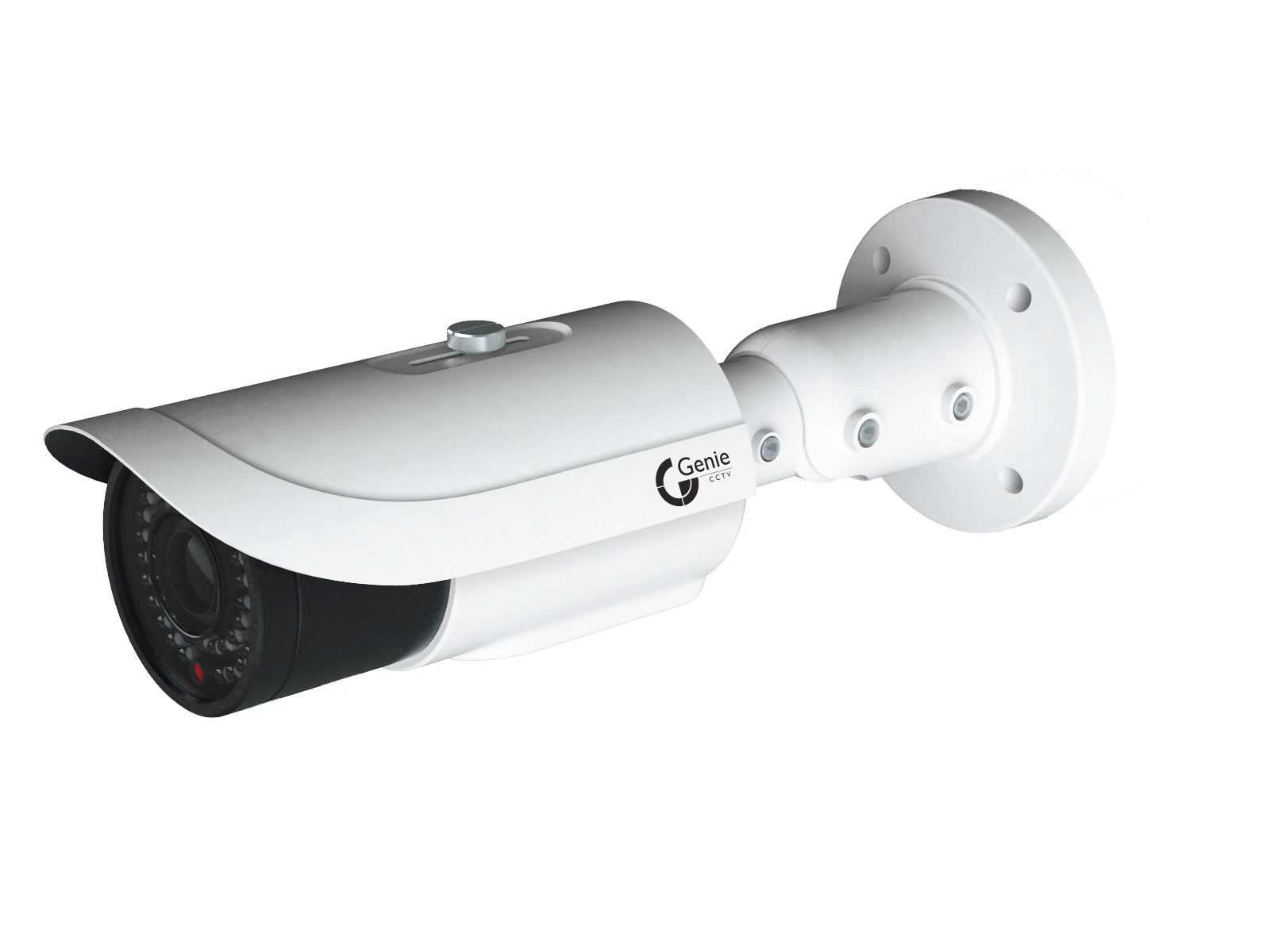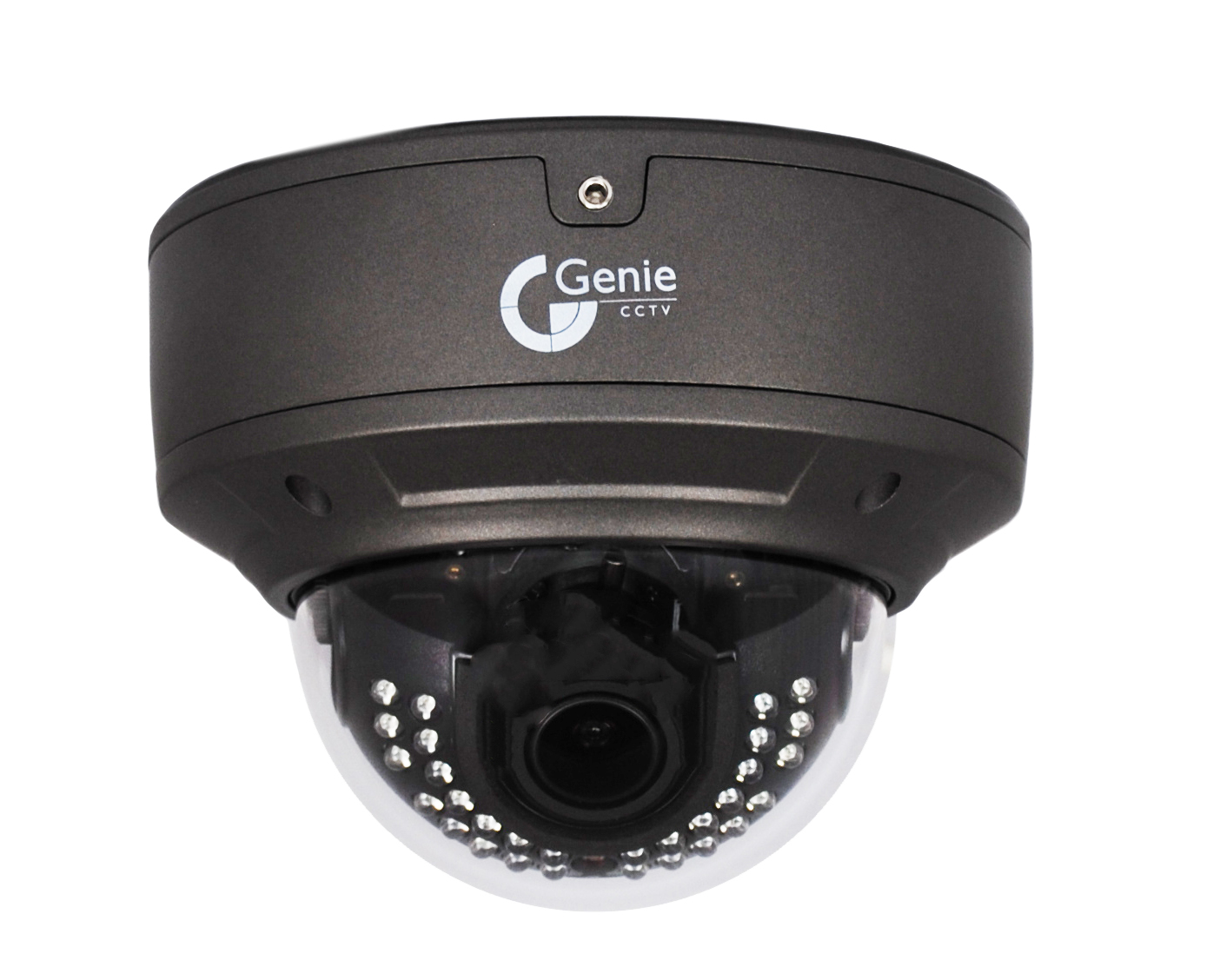CCTV Systems For Businesses |
Security:
The primary purpose of CCTV systems is to enhance security. These systems deter criminal activities, provide visual evidence, and contribute to a safer work environment for employees and visitors.
Asset Protection:
Businesses have valuable assets, including equipment, inventory, and intellectual property. CCTV systems protect these assets from theft, vandalism, and unauthorised access.
Operational Efficiency:
CCTV systems offer more than just surveillance. They help businesses optimise operations, enhance employee productivity, and improve customer service.
Safety and Compliance:
Compliance with safety regulations and industry standards is a necessity for many businesses. CCTV systems assist in ensuring safety protocols are adhered to and provide documentation to meet compliance requirements.
Data Protection:
In the digital age, data security is paramount. CCTV systems safeguard against data breaches, unauthorised access, and cyber threats that could compromise sensitive information.
Client Trust:
Clients and customers expect their transactions and information to be secure. By maintaining a secure environment, businesses earn and retain client trust.
Types of CCTV Systems For Businesses |
 |
Analogue HD CCTVOur CCTV Solutions allow us to supply a large range of high-quality HD-SDI cameras, recorders and accessories. HD-SDI (High Definition Serial Digital Interface) unites the high-quality image of IP with the point-to-point configuration of analogue systems. Unlike IP cameras, Analogue HD cameras operate over the familiar closed-circuit system, which eliminates any security threats that could compromise the system and also the need for IT expertise to support and manage the system. |
 |
IP CCTVIP Cameras are like little computers that you connect to, in order to access your video, meaning you do not need a direct connection to a PC to operate, meaning they can be placed anywhere within a network and accessed remotely at any time. Consequently, they do not require a DVR; instead, they operate with an NVR (Network video recorder), which in most cases is just software that runs on a computer or server, as it doesn't need to convert analogue video to digital. IP cameras excel in capturing high definition, megapixel images as captured data is digitised directory from the sensor, and because of their increased computing power, they can perform more advanced functions such as detecting motion to trigger recording or tampering and act on it by emailing, uploading, or recording images or videos to an internal storage card or an external storage device. |
Benefits of CCTV For Businesses |
Implementing CCTV systems offers a wide range of benefits that directly impact the security, efficiency, and success of businesses. Let's explore these advantages in detail:
Security Enhancement:
The primary benefit of CCTV systems is the enhancement of security. They deter criminal activities, provide visual evidence, and contribute to a safer work environment for employees and visitors.
Asset Protection:
CCTV systems protect valuable assets, including equipment, inventory, and intellectual property, reducing the risk of theft, vandalism, and unauthorised access.
Crime Deterrence:
The presence of security cameras, access control systems, and alarms acts as a strong deterrent to potential criminals, discouraging unauthorised access and criminal activities.
Employee Safety:
CCTV systems create a safer working environment, reducing the risk of incidents that could harm employees or visitors.
Operational Efficiency:
Beyond security, CCTV systems help businesses optimise operations. They assist in improving employee productivity and customer service, contributing to operational efficiency.










